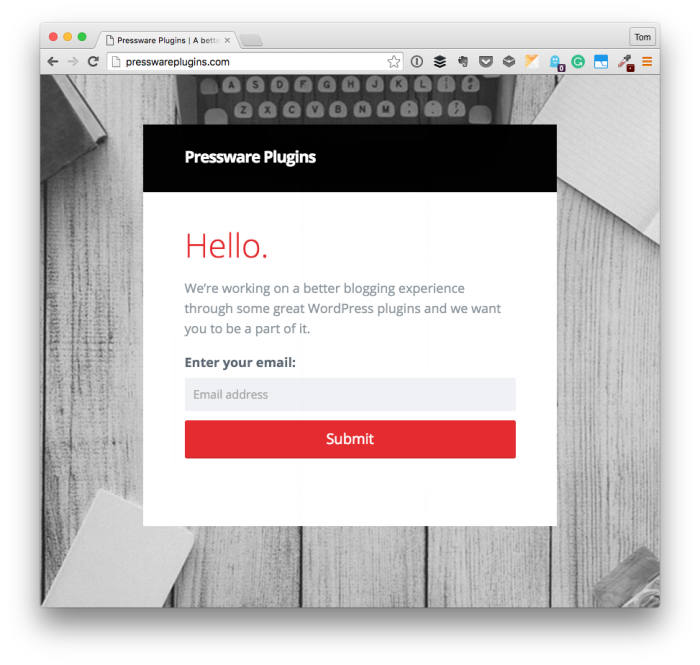Scaling WordPress is a hot topic among developers.
For some, it’s just something you do through a variety of tools and practices that you learn over time. For others who are involved with development in other languages, it’s a fool’s errand.
As far as I’m concerned, WordPress does scale though it takes some strategies to get it to work (such as a proper use of transients, caching, etc.). But there are varying degrees of what it means “to scale,” right?
That is, depending on how many users you have, the type of content you’re serving, the level of demand your site has based on the interaction of the visitors, and some other factors will all contribute to whether or not your site is going to scale.
But if we’re working on a larger project and we know it’s going to need to scale, how do we know we’re doing everything correctly?

